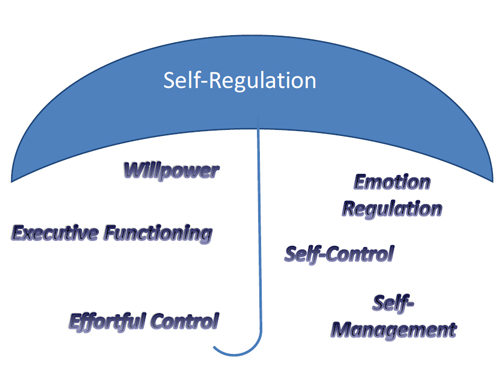Mental health providers and other professionals often talk about a child or adult's "dysregulation" and "self-regulation," but these terms are often left undefined. A 2017 summary and the 2015 report from the U.S. Department of Health and Human Services help define self-regulation and show the complex social, biological, and environmental factors involved in development of self-regulation.
The summary defines self-regulation as "the act of managing one’s thoughts and feelings to engage in goal-directed actions such as organizing behavior, controlling impulses, and solving problems constructively."

Being able to self-regulate helps us succeed in many aspects of life, including creating satisfying relationships, tolerating difficulty, prospering in school and work, managing finances, and maintaining physical and mental health. Self-regulation is a critical life skill. ...continue reading

